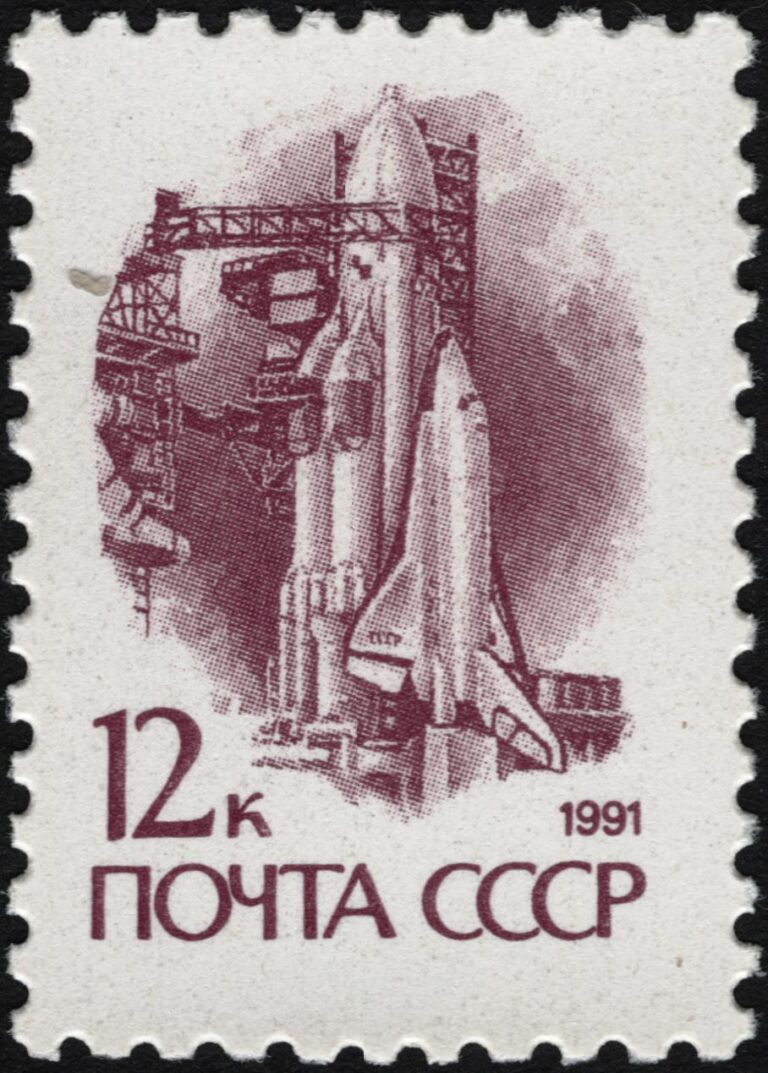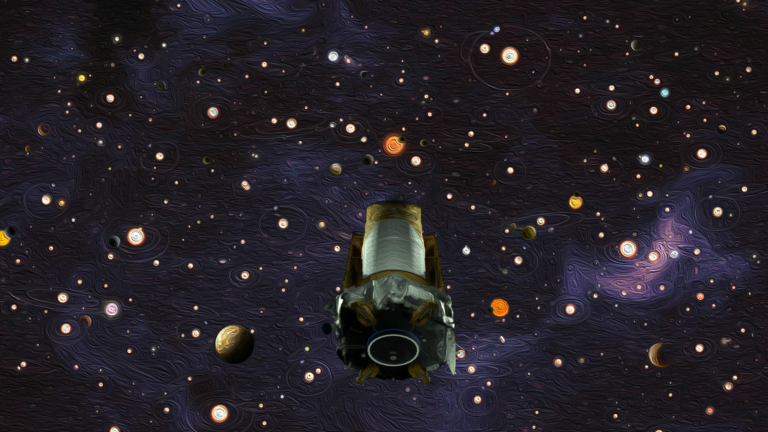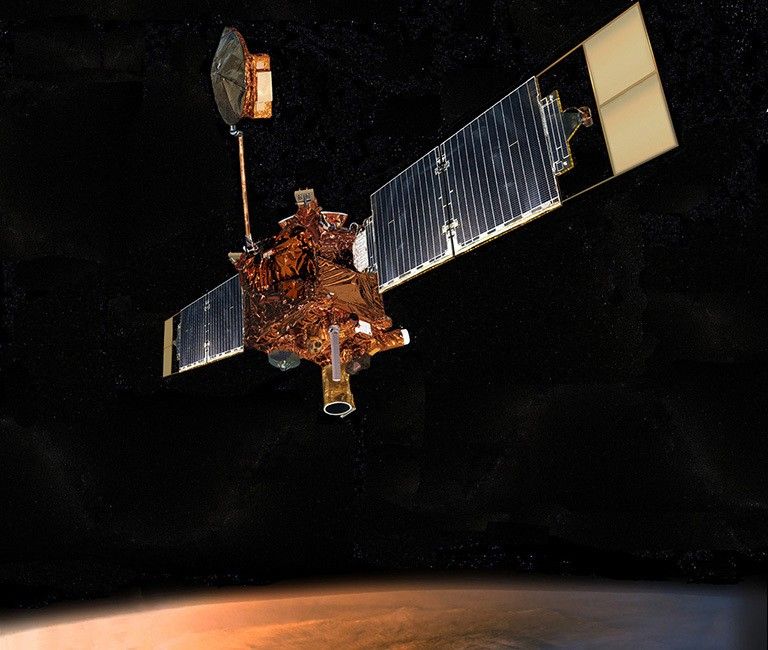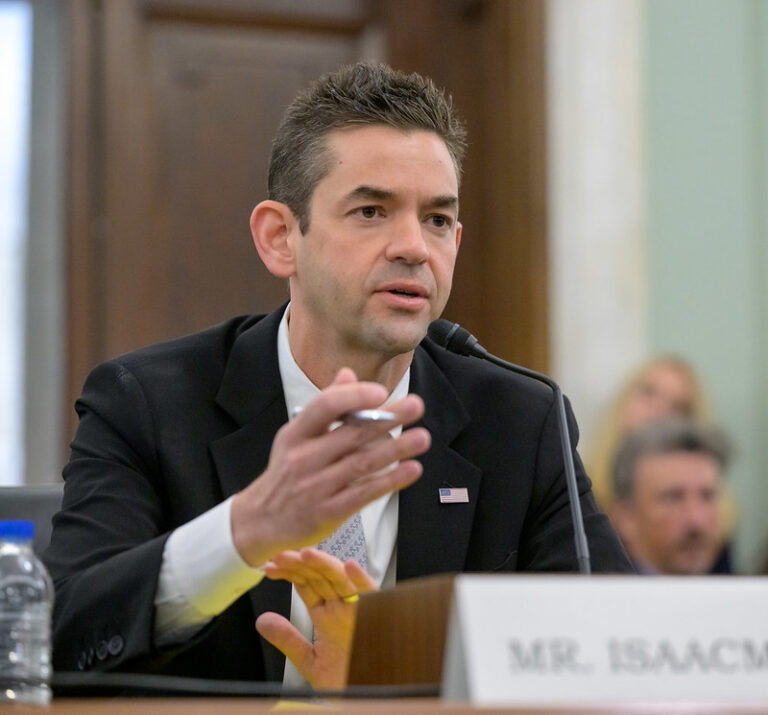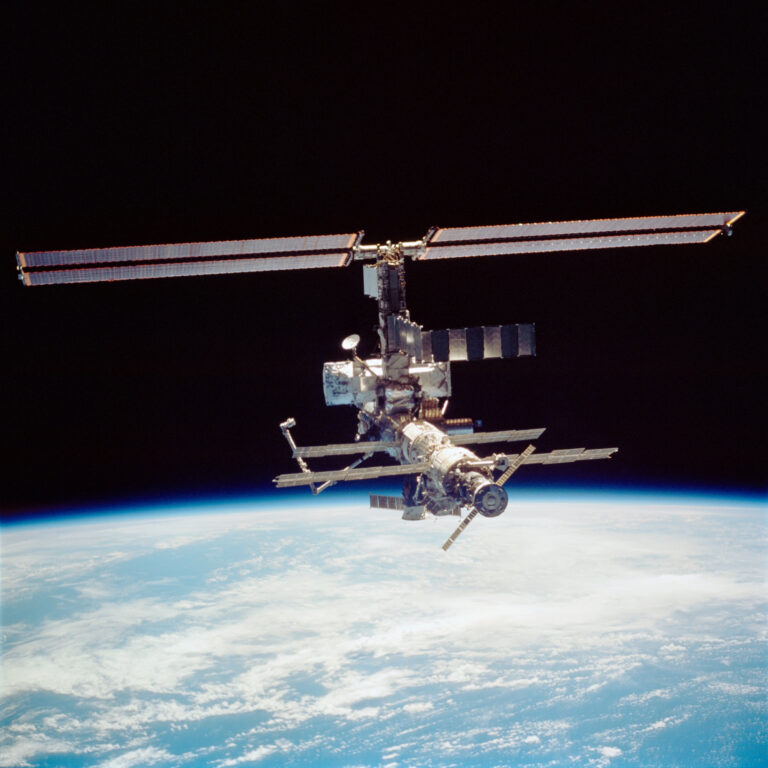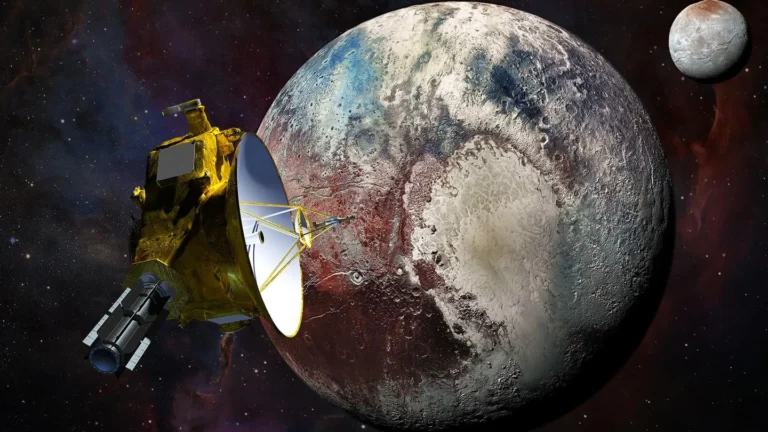Key Takeaways:
- NASA's Human Research Program is soliciting research proposals to investigate human physiological and psychological responses to extended space travel.
- This initiative aims to identify health and behavioral risk factors and develop preventative measures for proposed deep space missions, including 30-month round-trips to Mars.
- The program will specifically target five key dangers: distance from Earth, space radiation, confinement and isolation, gravity fields, and closed/hostile environments.
- Data will be collected through analog studies on Earth and space missions involving up to 30 astronauts participating in two-month, six-month, and one-year durations.
NASA’s Human Research Program is accepting scientists’ research proposals through January 4, 2018, to gain information about the human body’s physical and mental reactions to long periods of space travel. The program aims to detect risk factors associated with elongated missions and to come up with preventative measures and cures for any health or behavioral threats. The research will assist NASA in planning proposed 400-day deep space missions and lay the foundation for round-trip missions to Mars, which are estimated to take a total of about 30 months.
“To draw any conclusions about the cumulative effects of exposure to space, we need to observe more astronauts spending larger amounts of time in the space environment,” said NASA’s Johnson Space Center’s associate director for Exploration Research Planning of the Human Research Program, John Charles, Ph.D, in a press release. “Scientists can use the information to predict physical and behavioral health trends.”
Plenty of data exists regarding the impact of six-month travel periods, the typical length of an International Space Station (ISS) mission, as well as data from a 2015 mission where American Astronaut Scott Kelly and Russian Cosmonaut Mikhail Kornienko spent a year at the ISS. However, NASA wants to add to the existing figures and analyze how the body reacts to space travel during more extensive periods. The research intends to target five specific dangers associated with human space voyages: distance from Earth, space radiation, confinement and isolation, gravity fields, and closed/hostile environments.
To address these fields of concern, the program will conduct analog studies on Earth, as well as space missions at various intervals. Up to 30 astronauts will be chosen to carry out missions lasting two months, six months, and one year, with 10 astronauts involved in each. The program will also select 18 individuals to participate in analog studies spanning four months, eight months, and one year.
The data collected through the Human Research Program will assist in keeping the mental and physical wellbeing of astronauts a priority, and help create plans to deflect any safety concerns that could occur during lengthy space missions. By taking measures to mitigate health and behavioral risks before they arise, NASA is paving the way for safe and secure missions to Mars and beyond.


